Optimal Seasons for Driveway Work
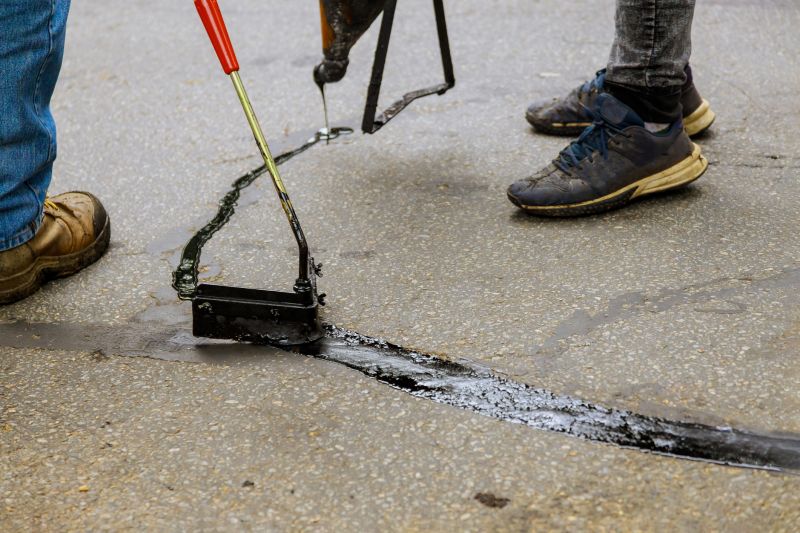
Spring offers moderate temperatures ideal for driveway work, reducing the risk of cracking and ensuring proper curing.
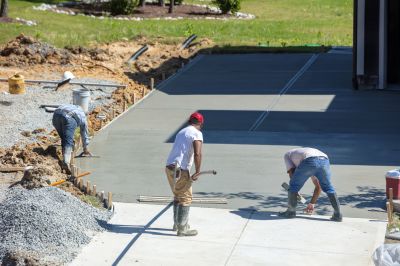
Summer provides long, warm days that facilitate quick drying and curing of asphalt and concrete repairs.
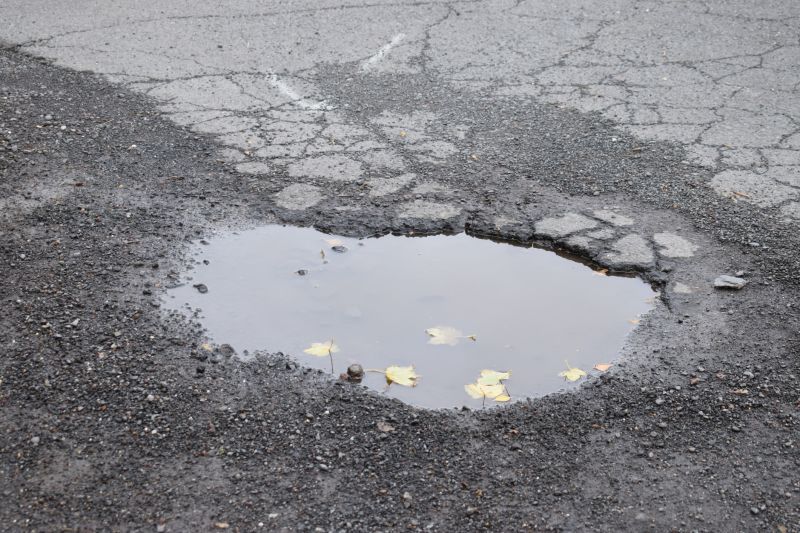
Fall's cooler temperatures help prevent the asphalt from softening excessively, making it suitable for repairs before winter.
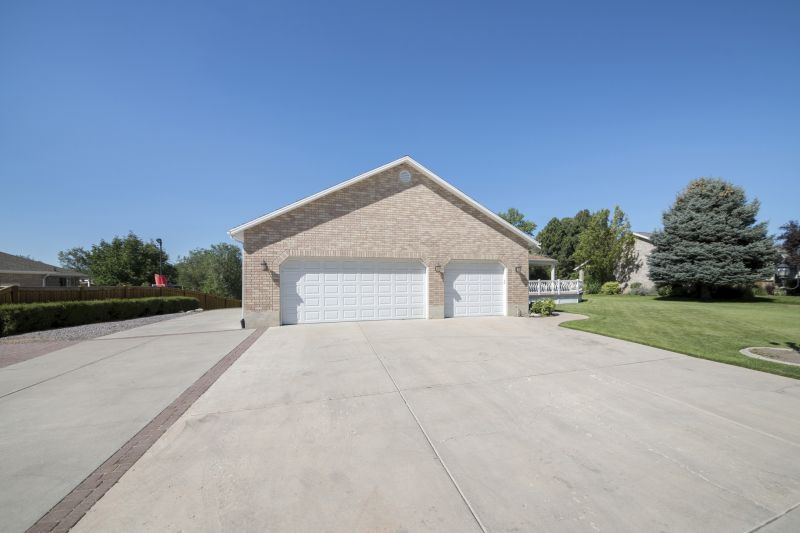
Ways to make Driveway Installations And Repairs work in tight or awkward layouts.
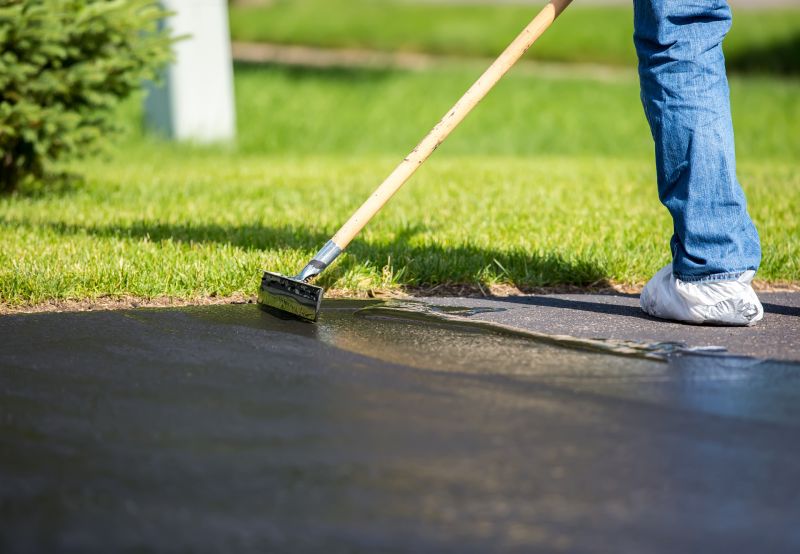
Popular materials for Driveway Installations And Repairs and why they hold up over time.
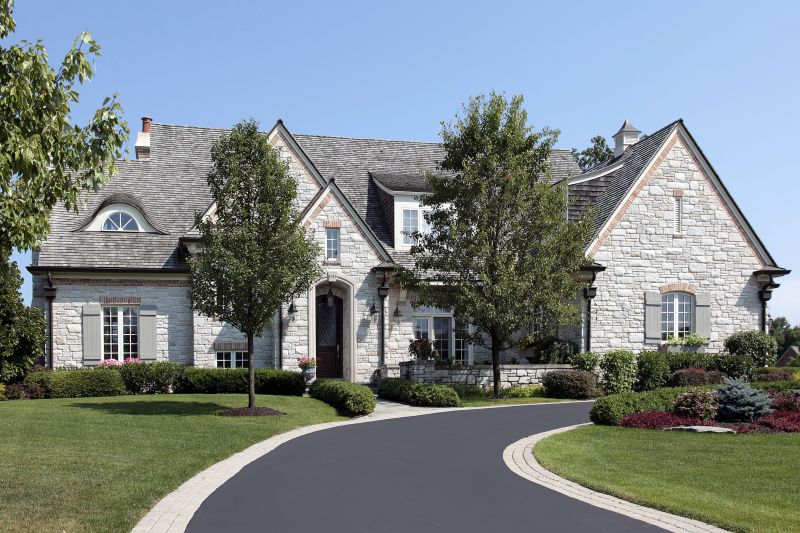
Simple add-ons that improve Driveway Installations And Repairs without blowing the budget.
Driveway installations and repairs are influenced by seasonal weather conditions. Optimal timing ensures durability and longevity of the surface. Spring and fall are generally considered ideal for new installations and repairs due to moderate temperatures, which help materials set properly. Summer can be suitable for repairs, especially when temperatures are not excessively high, but caution is advised to prevent rapid drying that could cause cracks. Winter is typically avoided because cold temperatures and moisture can compromise the integrity of the materials used.
Extreme temperatures and moisture levels can cause cracking, shifting, and deterioration of driveway surfaces, making timing crucial.
Proper curing depends on temperature and humidity, which vary seasonally and affect the success of installation and repair work.
Planning driveway work during favorable weather conditions reduces the risk of delays and subpar results.
Timely installations and repairs contribute to longer-lasting driveways, minimizing future repair costs.
| Season | Advantages |
|---|---|
| Spring | Moderate temperatures, ideal for curing, less rain |
| Summer | Long daylight hours, quick work, suitable for repairs |
| Fall | Cooler weather, good for preparation before winter |
| Winter | Generally avoided due to cold and moisture risks |
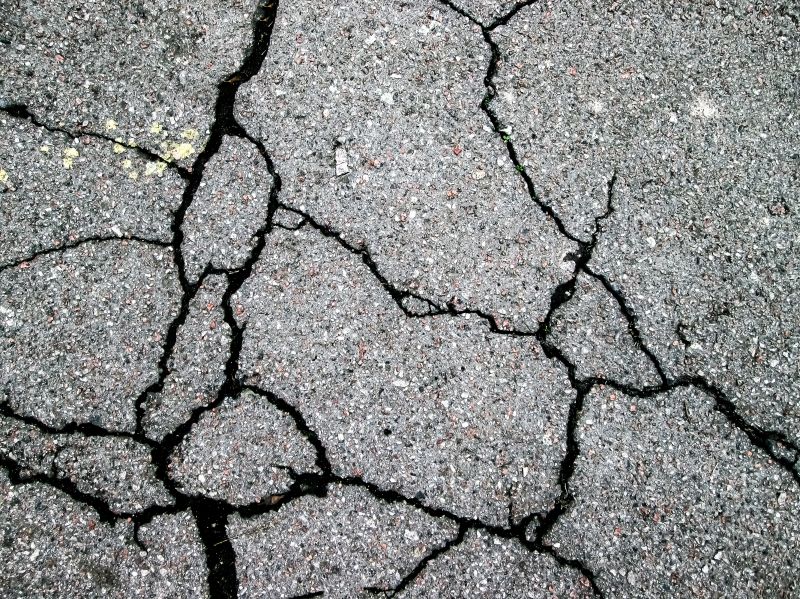
Summer's warmth accelerates curing but requires attention to prevent cracking from high temperatures.
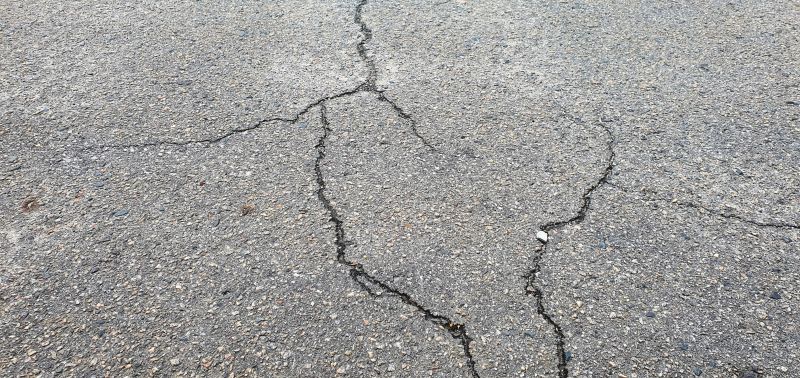
Fall allows for repairs and installations that are protected from winter freeze-thaw cycles.
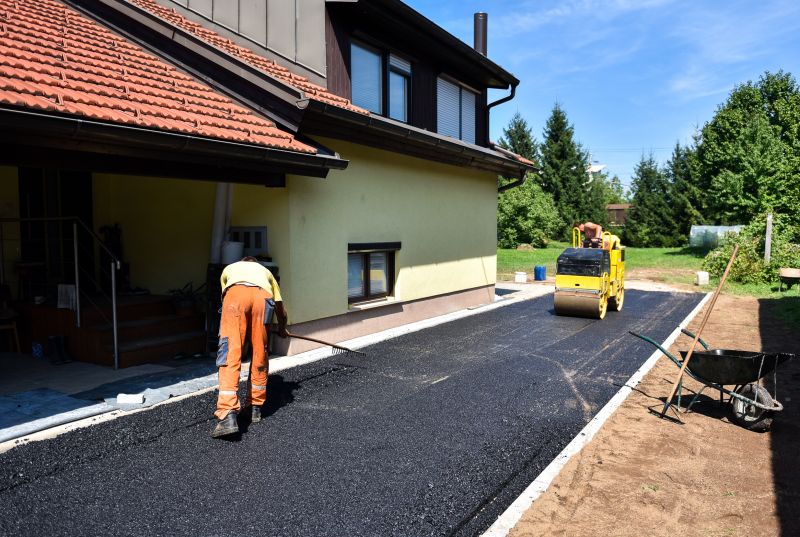
Spring's mild weather supports effective installation and repair work with proper planning.
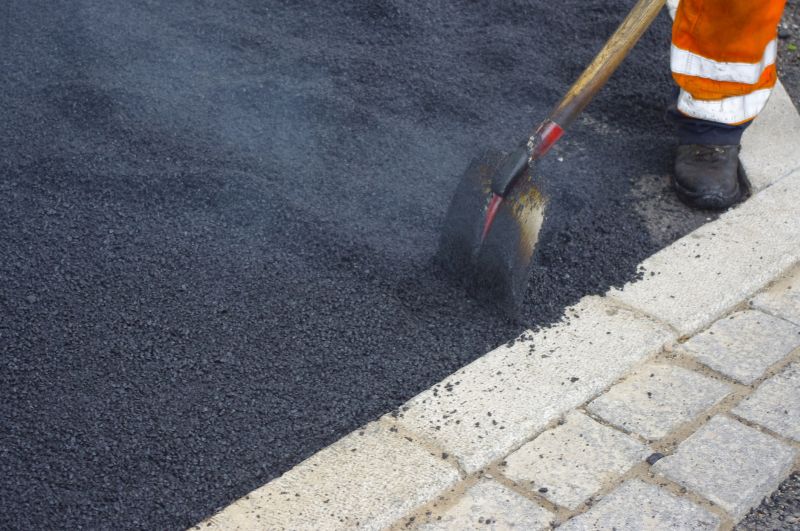
Cold and moisture make winter unsuitable for most driveway work, risking poor adhesion and cracking.
Timing driveway installations and repairs to coincide with favorable weather conditions can significantly impact the longevity and performance of the surface. Proper planning ensures materials cure correctly, reduces the risk of damage, and minimizes the need for future repairs. Consulting with professionals can help determine the best season for specific projects based on local climate patterns.
Interested parties are encouraged to contact for further guidance on scheduling driveway work to maximize results and durability.
